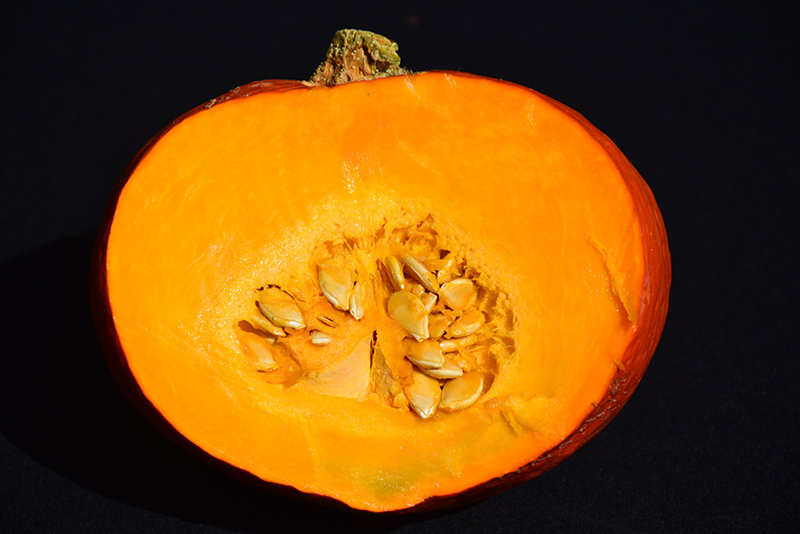Height: 24 inches
Spread: 6 feet
Sunlight:
![]()
Hardiness Zone: (annual)
Other Names: Orange Hokkaido, Baby Red Hubbard, Japanese Squash
Group/Class: Winter Squash
Description:
An eye catching and unique variety that is easy to grow and easy to harvest; produces tear drop shaped squash with red-orange skin, leading to firm golden yellow flesh; nutty and sweet, perfect for baking, mashing, soups, stews and steaming
Edible Qualities
Red Kuri Squash is an annual vegetable plant that is typically grown for its edible qualities. It produces orange oblong fruit with red overtones and gold flesh which are typically harvested when mature. The fruits have a sweet taste and a firm texture.
The fruit are most often used in the following ways:
- Cooking
- Baking
- Preserves
Planting & Growing
Red Kuri Squash will grow to be about 24 inches tall at maturity, with a spread of 6 feet. This vegetable plant is an annual, which means that it will grow for one season in your garden and then die after producing a crop.
This plant is typically grown in a designated vegetable garden. It should only be grown in full sunlight. It does best in average to evenly moist conditions, but will not tolerate standing water. It may require supplemental watering during periods of drought or extended heat. It is not particular as to soil pH, but grows best in rich soils. It is somewhat tolerant of urban pollution. Consider applying a thick mulch around the root zone over the growing season to conserve soil moisture. This is a selected variety of a species not originally from North America, and it is considered by many to be an heirloom variety.; however, as a cultivated variety, be aware that it may be subject to certain restrictions or prohibitions on propagation.

